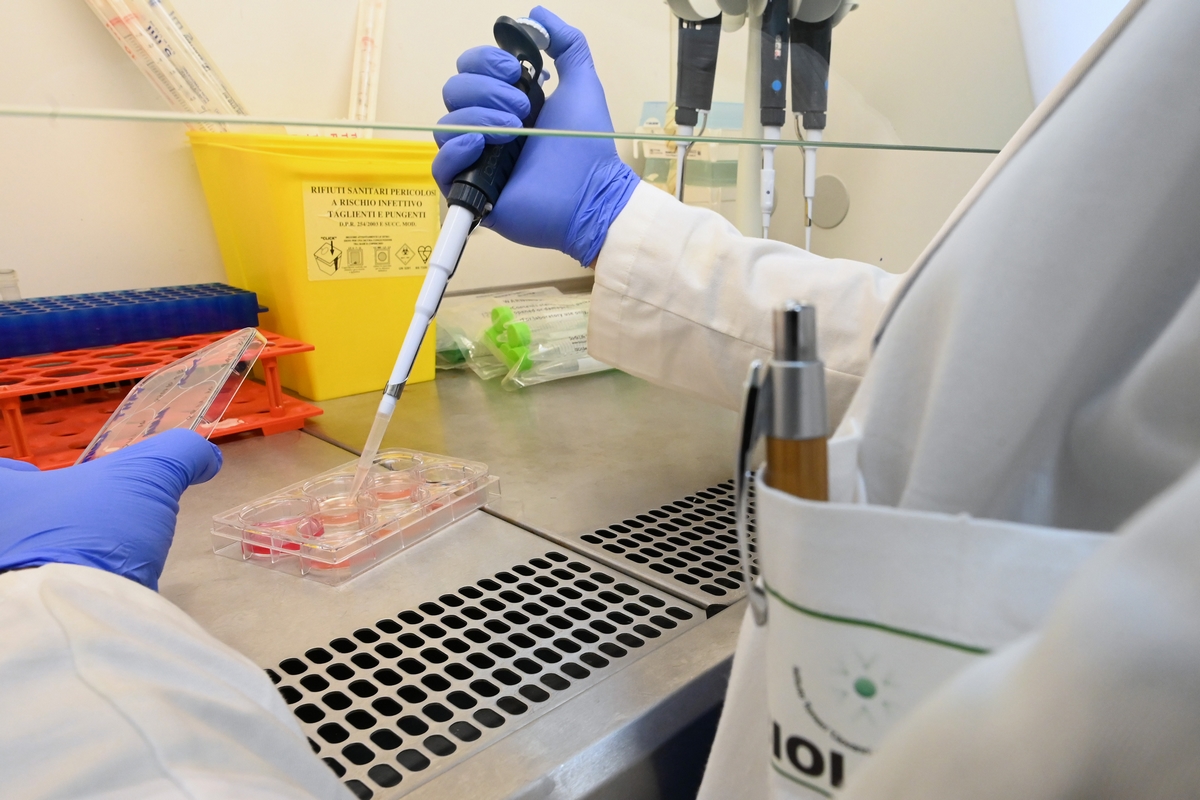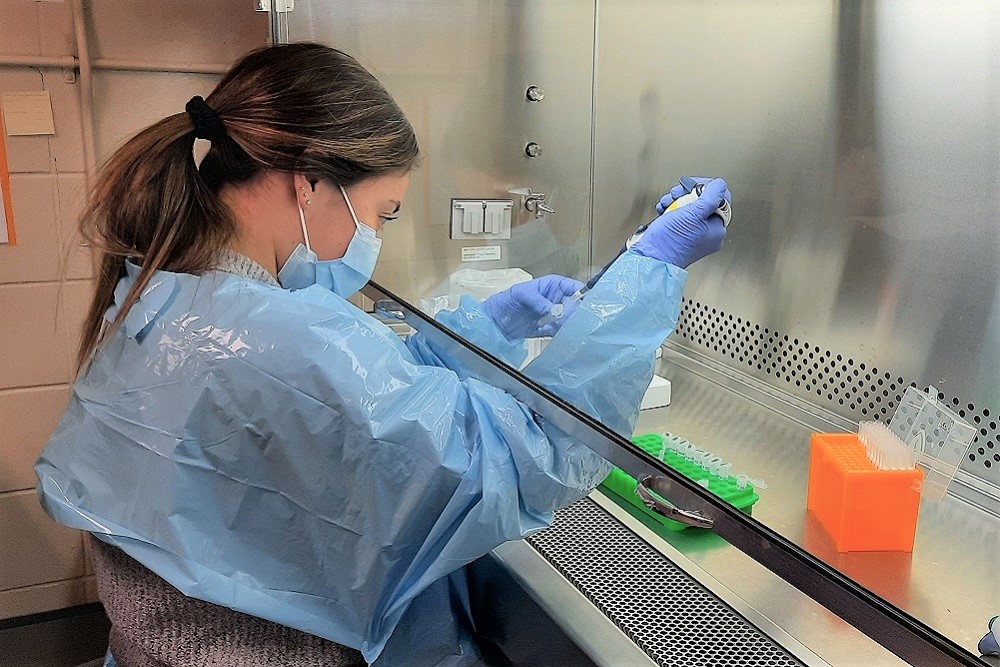
What Is Behind These Numbers?
The researchers have said that even though there is a “growing prevalence of a westernized lifestyle,” and more screening that could have caused this, the major factors behind this dramatic increase are still not known.
A team member said: “It is noteworthy that the incidence of early-onset breast cancer also increased in some countries without the introduction of routine screening, suggesting that the change of reproductive factors (younger age at menarche, oral contraceptive use, nulliparity, older age at first birth and never breast feeding), physical indicators (higher BMI) and behaviour factors (physical inactivity and alcohol consumption) during recent decades may have contributed to the increasing incidence of early-onset breast cancer.”

Researchers Say Lifestyle Is To Blame
While the numbers are up, it is not necessarily time to panic. There could be a couple of reasons behind these numbers. According to Professor Montserrat Garcia-Closas, who is a professor of Epidemiology at the Institute of Cancer Research in London: “It’s important to note that this statement is based on absolute numbers rather than age-standardised rates, meaning these numbers do not account for changes in demographics such as increases in population size or aging of the population.”
Professor Garcia-Closas shared with Science Media Centre that “the increase in numbers of cancer deaths in this age group was notably lower than for diagnoses,” Professor Dorothy Bennett, Professor of Cell Biology, St George’s, University of London, who was not involved in the study, added, “which is below the increases in total population and case numbers, indicating a fall in the average cancer death rate in this group.”
Researchers still said that a major factor behind people under 50 with cancer is lifestyle. In their conclusion, the research team said: “Dietary risk factors, alcohol use and tobacco consumption were the main risk factors for top early-onset cancers in 2019.”
So what can be done? According to the researchers, “encouraging a healthy lifestyle, including a healthy diet, the restriction of tobacco and alcohol consumption and appropriate outdoor activity, could reduce the burden of early-onset cancer. It is worth exploring whether early screening and prevention programs for early-onset cancer should be expanded to include individuals aged 40–44 and 45–49, but further systematic studies and randomized trials are necessary to make a definitive determination.”

A Healthy Lifestyle With Healthy Diet Can Help







